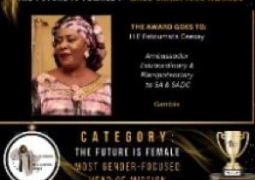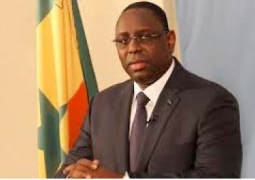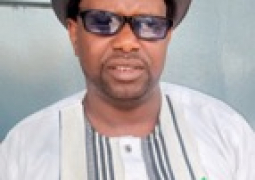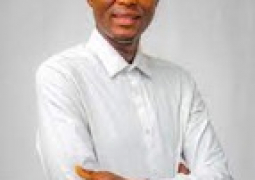One of the key factors many attribute this to is the phenomenon of gender stereotypes, which they believe is still at center stage in some media houses in the country.
Globally women face increasing backlash and abuse on social media and have also faced negative gender stereotypes and lower representation in both traditional and news media organisations.
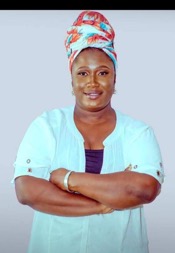 Annette Camara, president of Women Journalists Association of The Gambia, said a global study shows that “about 40 percent of women journalists avoid reporting certain stories” just to avoid embarrassment and harassment from any angle.
Annette Camara, president of Women Journalists Association of The Gambia, said a global study shows that “about 40 percent of women journalists avoid reporting certain stories” just to avoid embarrassment and harassment from any angle.
“This has reduced voices of women from being heard,” said added, saying women have to compromise their safety.
Dilating on attacks and/or threats women journalists face, Miss Camera said gender discrimination in the workplace is still a major issue experienced by almost all female colleagues.
“It is no secret, women journalists everywhere experienced sexual harassment used as a silencer to silence them,” she further said, noting that women often also receive backlashes when working on some sensitive stories.
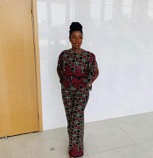 Sally Jeng, RFI correspondent in The Gambia, said one only sees women reporters in newsrooms with editor and sub-editor roles occupied by men. She pointed out that there are women capable of handling such positions.
Sally Jeng, RFI correspondent in The Gambia, said one only sees women reporters in newsrooms with editor and sub-editor roles occupied by men. She pointed out that there are women capable of handling such positions.
“The cause for this unfair treatment is not lack of capacity building because the University of The Gambia and Media Academy for Journalism and Communications (MAJaC) are female dominated schools. Therefore the issue is the patriarchal nature of media institutions,” she said.
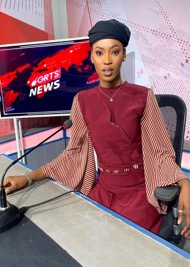 Fatou Ellika Muloshi, a news anchor at The Gambia Radio and Television Services, highlighted that coverage assignments are becoming more liberal but added that there are certain stereotypes that would be very difficult to eliminate.
Fatou Ellika Muloshi, a news anchor at The Gambia Radio and Television Services, highlighted that coverage assignments are becoming more liberal but added that there are certain stereotypes that would be very difficult to eliminate.
“The idea of more demanding and complex converges being for men and the lighter ones for women seem to be a persistent undertaking," she added, saying this could change with more women editors.
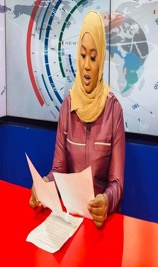 Ajie Bintou Drammeh, also a news anchor at QTV, said the population of women in The Gambia media is higher than that of men yet women are less visible unless when it comes to putting a nice face on TV.
Ajie Bintou Drammeh, also a news anchor at QTV, said the population of women in The Gambia media is higher than that of men yet women are less visible unless when it comes to putting a nice face on TV.


